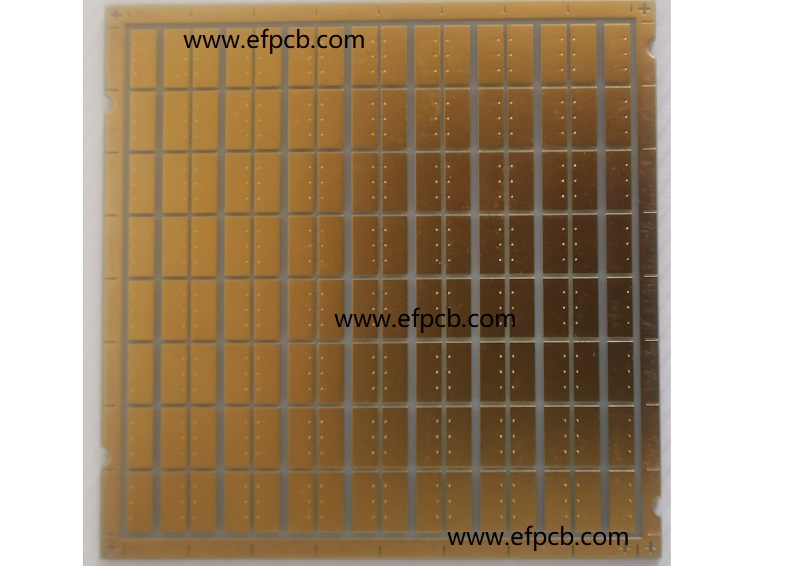The Diverse Ceramic Substrate Applications

Keywords: ceramic substrate
The ceramic substrate is a versatile material that has gained significant popularity across various industries due to its exceptional properties. These substrates are composed of inorganic, non-metallic materials and exhibit excellent thermal, mechanical, and electrical properties, making them ideal for numerous applications.
Ceramic Substrate for Electronics and Semiconductors
Ceramic substrates play a crucial role in the electronics and semiconductor industry. Their excellent electrical insulation properties, thermal conductivity, and high mechanical strength make them ideal for printed circuit boards (PCBs), integrated circuits (ICs), and other electronic components. Ceramic substrates provide a stable and reliable platform for mounting and interconnecting electronic devices, ensuring efficient heat dissipation and electrical isolation.
Power Electronics
In the field of power electronics, where high voltages and currents are involved, ceramic substrates offer exceptional performance. They can handle high thermal loads, ensuring efficient heat dissipation and reducing the risk of component failure. The ceramic substrate is widely used in power modules, inverters, converters, and other power electronic devices. Their ability to withstand harsh operating conditions and provide electrical insulation makes them a reliable choice for high-power applications.
LED Packaging
With their high energy efficiency and extended lifespan, light-emitting diodes (LEDs) have completely changed the lighting business. Ceramic substrates are extensively used in LED packaging due to their superior thermal management capabilities. LED modules mounted on ceramic substrates can effectively dissipate heat, allowing for improved performance and increased reliability. Moreover, ceramic substrates provide electrical insulation, protecting the LED components from short circuits and electrical damage.
Automotive Industry
The automotive industry demands materials that can withstand extreme temperatures, vibrations, and mechanical stress. Ceramic substrates find their applications in the automotive sector in areas such as catalytic converters, sensors, exhaust systems, and engine components. Their ability to handle high temperatures and thermal shocks, coupled with excellent chemical resistance, make them an ideal choice for these demanding applications.
Medical Devices
In the medical field, Ceramic substrate finds a variety of applications, primarily due to their biocompatibility and chemical inertness. They are used in implantable devices, such as pacemakers, hearing aids, and dental prosthetics. Ceramic substrates provide a stable and reliable platform for electronic components used in medical devices while ensuring compatibility with the human body.
- 1HDI PCB Market Outlook 2025: Future Prospects, Growth Analysis & Innovations
- 2HDI PCB Design Comprehensive Guide: Mastering High Density Interconnect Technology in 2025
- 3Understanding UL 94V-0 Flammability Rating for Printed Circuit Boards (PCBs)
- 4PCB core raw material CCL
- 5IC Substrate | Comprehensive Guide (2021)
- 6Top HDI PCB Manufacturers (2024)
- 7How to Make mSAP PCB?
- 8The Impact of Trump's Tariff Policy on Chinese PCB Industry and Countermeasures
- 9Top 10 IC Substrate Fabricators (2024)
- 10Top 10 Flexible PCB Factories in 2025

- Skype ID: shawnwang2006
- Phone No。: +86-755-23724206
- Email: sales@efpcb.com
- Quick Contact
